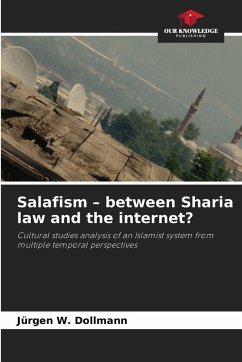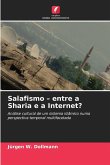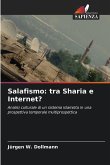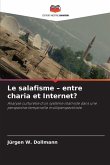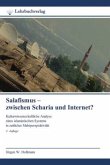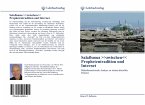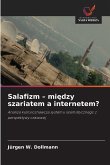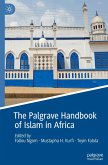Angela Merkel's iconic statement "We can do it" in 2015 is currently the subject of controversial debate. Since the increased immigration of Muslim refugees to Germany during this time, the media has often focused on Islamist Salafism, which is based on Sharia law and is not compatible with the present day, in addition to the migration issue itself. "Islam" and "the West" are constructed as opposites. The multi-perspective temporal analysis of this publication takes a new look at the aforementioned problem: a historical aspect traces this constructed contradiction back to the time of colonization in the second half of the 19th century, the age of modernity. From a current perspective, Salafism is analysed in terms of system theory as a characteristic problem of postmodernism: a loss of meaning and significance causes some people to think in terms of a "simultaneity of the non-simultaneous", i.e. an orientation towards an idealized past in the present. The above-mentioned opposition of "Islam versus the West" can be resolved and understood in a more differentiated way from a cultural studies perspective.
Bitte wählen Sie Ihr Anliegen aus.
Rechnungen
Retourenschein anfordern
Bestellstatus
Storno

